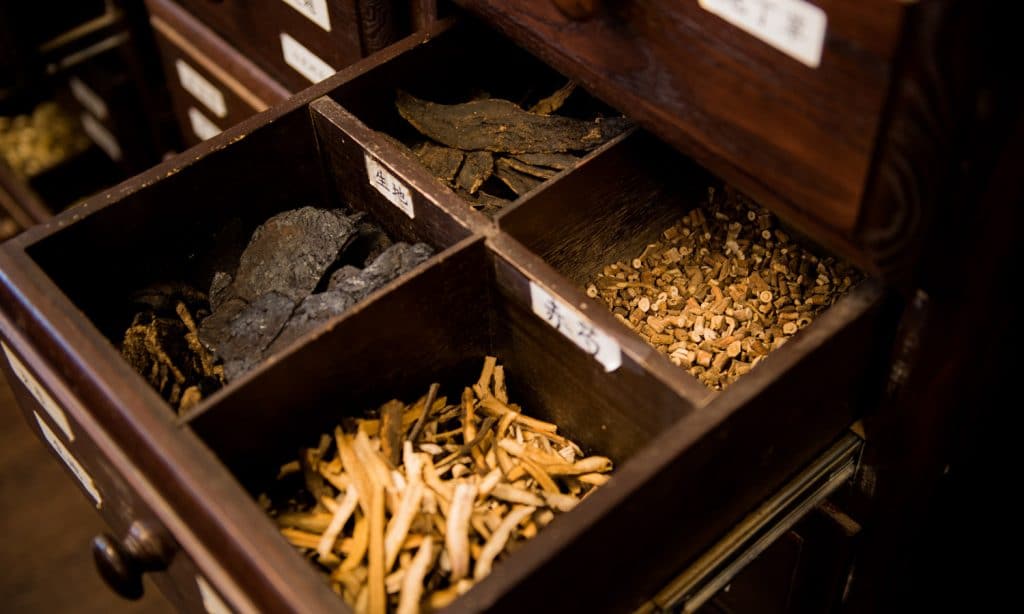Our understanding of how humans initially bred and manipulated cannabis genetics could be crucial for maximizing its medicinal value and countering stigma about its inherent danger.
Cannabis is an old, old plant. Its use as a medicinal substance and spiritual enhancer have been documented in ancient times and found in archeological sites across Asia dating back thousands of years. Cannabis was mentioned in the sacred Hindu texts known as The Vedas, estimated to have been produced around 2000 to 1400 B.C., and woven hemp fibers were found at an ancient burial site in Taiwan dating back 10,000 years.
Its history is long, but no one has been able to accurately identify when our ancestors went from living alongside the cannabis plant to actively engaging with it for agricultural domestication, and where that happened. That is, until now.
RELATED: Archaeologists Discover That Ancient Israelites Used Marijuana To Worship God

Research over the last couple years indicates the plant likely originated in Central Asia, namely Mongolia, but a research article in the July issue of Science Advances indicates that, based on genome mapping, it was first domesticated in China approximately 12,000 years ago.
The study examined “whole-genome resequencing of 110 accessions from worldwide origins,” which include feral, landrace and hybridized cannabis and hemp plants, to determine where cannabis was first domesticated to accommodate human needs, and how that changed its gene pool and subsequent psychoactive, medicinal and practical properties.
With international discourse of cannabis legalization becoming more and more prevalent within the last couple of years, and more and more states in the U.S. having changed their tune, our understanding of how humans initially bred and manipulated cannabis genetics could be crucial for maximizing its medicinal value and countering stigma about its inherent danger.

Tracking the chances through time can also give us insight into how societies utilize cannabis both as a fiber, medicine and recreational drug. As the study states, “some of the current Chinese landraces and feral plants represent the closest descendants of the ancestral gene pool from which hemp and marijuana landraces and cultivars have since derived.”
RELATED: What We Can Learn About Cannabis From Chinese Medicine
Disinformation, or understudied information, surrounding cannabis abounds, and prohibition and criminalization have created huge roadblocks to understanding everything about this plant’s past, present and future. Studies like this ground the research in verifiable science, and open the door for what additional knowledge can be unearthed.
Cannabis is here to stay, but with most things, it takes knowing where you’ve been to understand where you’re going.


